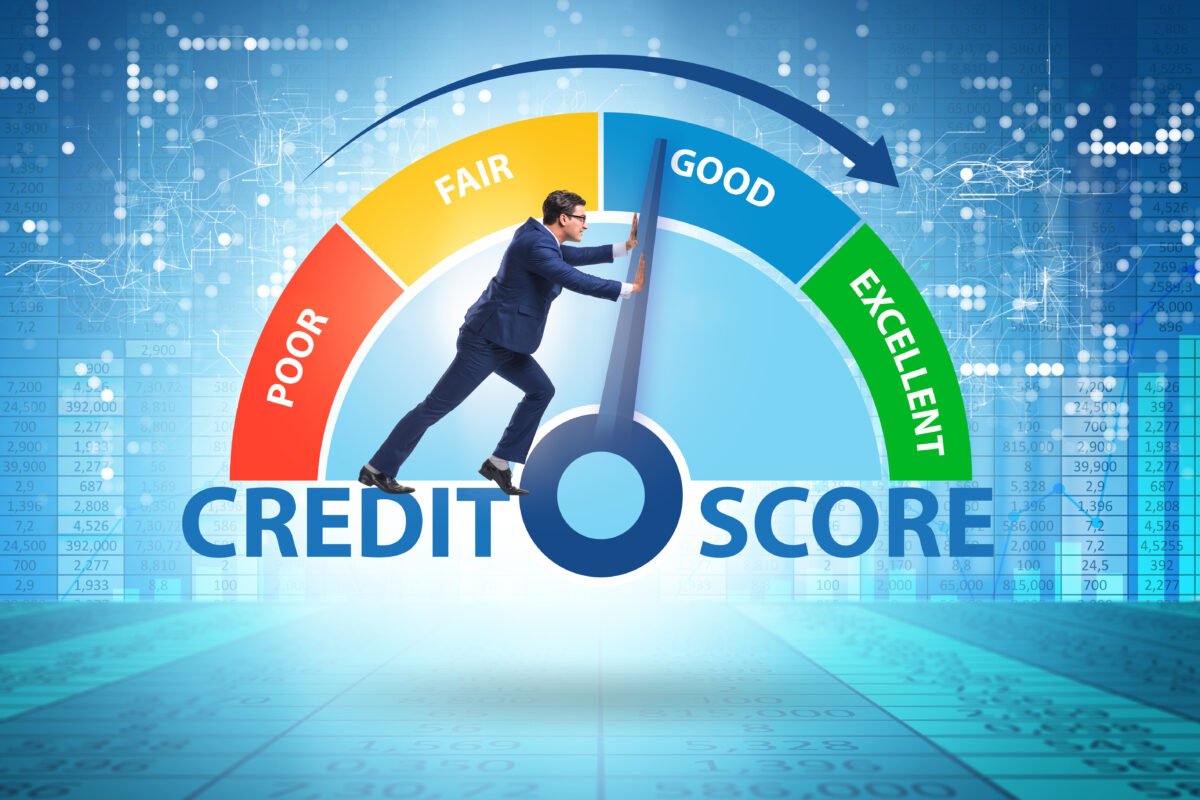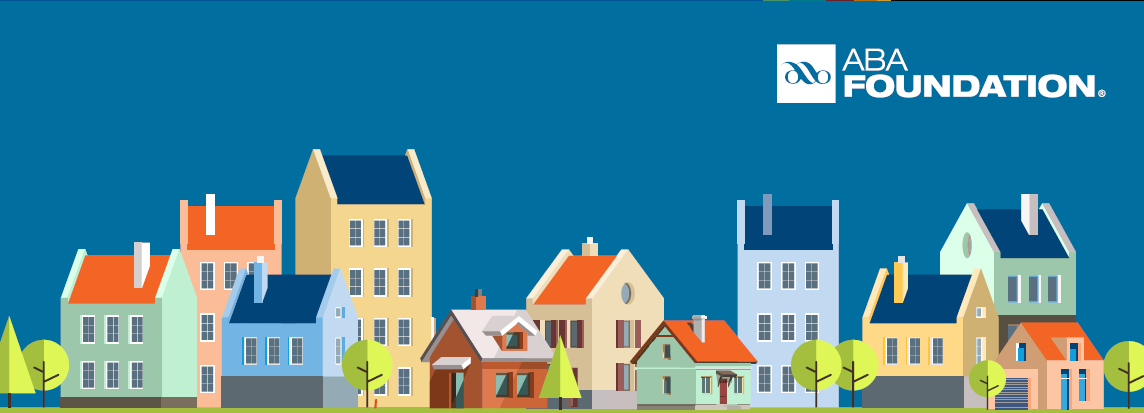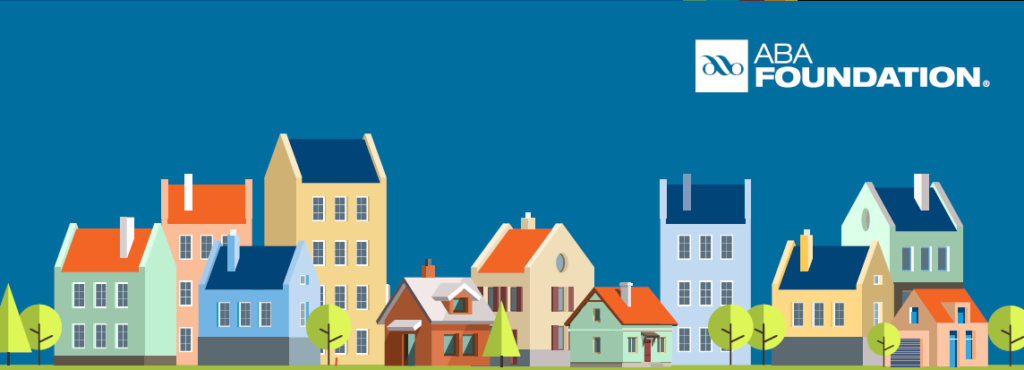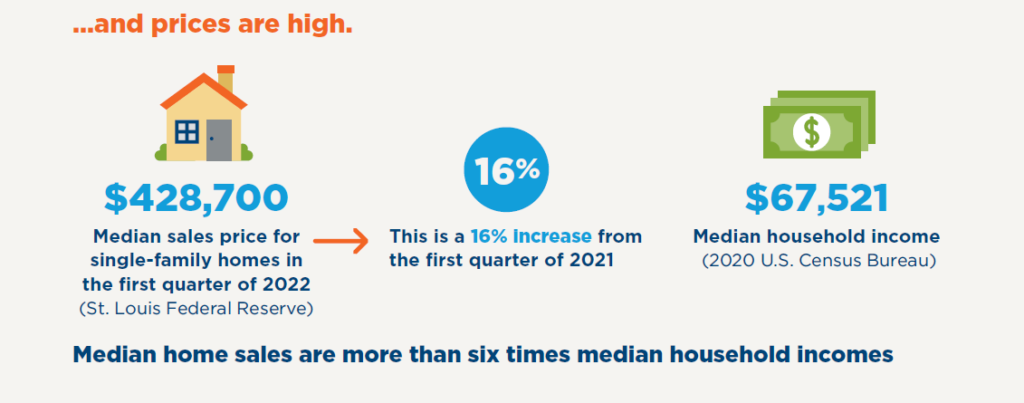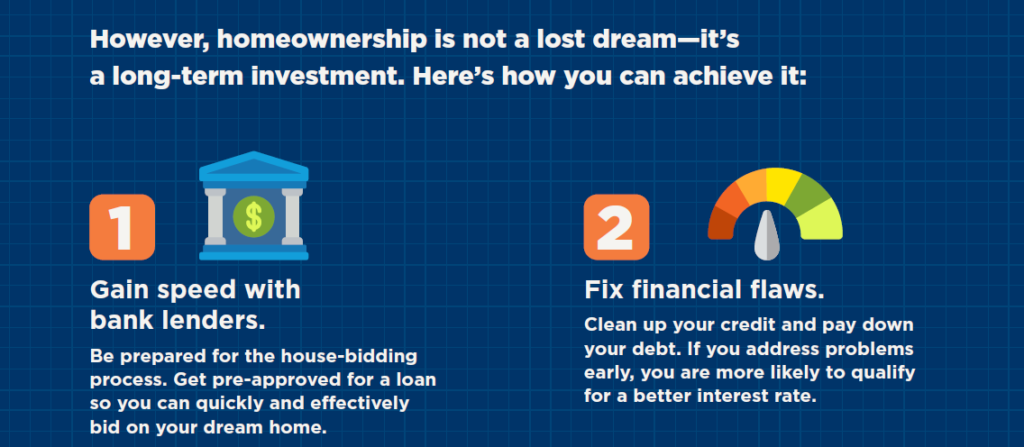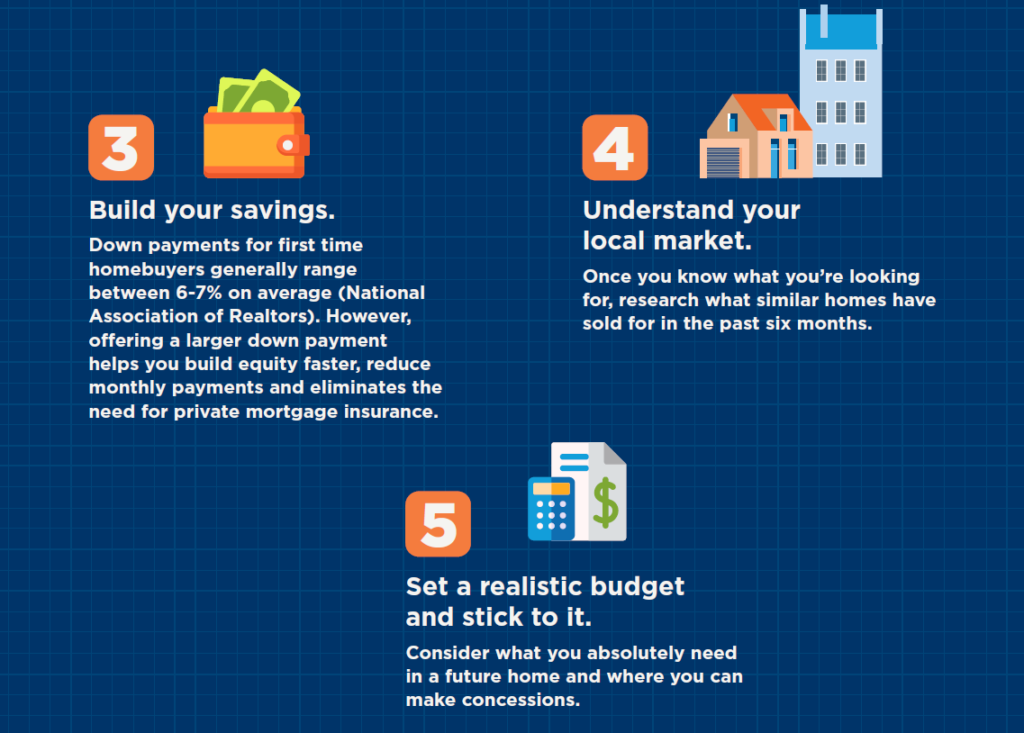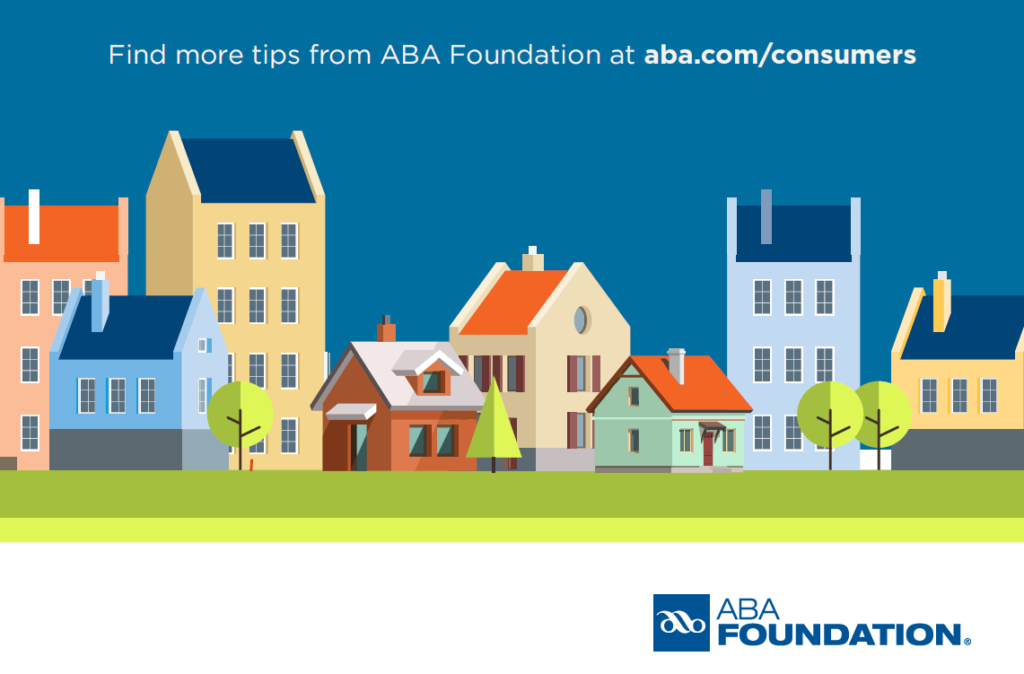Monday, January 24, 2022

Having an annual financial checkup is just as important as a physical checkup. A regular check of your financial health can help identify problems and allow you to chart a course to take steps towards achieving your goals. Contact us to get started on your financial checkup and together we will work to reach your financial goals.
An important part of a financial checkup is understanding your credit report and credit score because they both impact your financial success.
Information & Tips
Your Credit Report
- Your credit report and your credit score are two different things. A credit report is a statement that has information about your credit activity and current credit situation such as loan paying history and the status of your credit accounts. Your credit score is calculated based on the information in your credit report.
- You can request a free copy of your credit report from each of the three major credit bureaus — Equifax, Experian and TransUnion — once every 12 months, as well as under certain other circumstances, such as if you’ve been denied credit or employment based on your credit report or if you believe you may be a fraud victim.
- You can get your free credit report from Annual Credit Report. That is the only free place to get your report. You can get it online: AnnualCreditReport.com, or by phone: 1-877-322-8228.
- Negative information in a credit report can include public records–tax liens, judgments, bankruptcies–that provide insight into your financial status and obligations. A credit reporting company generally can report most negative information for seven years.
Checking Your Credit Report
- As part of your financial checkup, you should check your credit report at least once a year to make sure there are no errors that could keep you from getting credit or best available terms on a loan.
- Be sure to check your credit report before making a major purchase that may involve a loan, such as a house or a car.
- If you are shopping for a mortgage, knowing one of your credit scores can help you find out the range of mortgage rates you can expect.
- Be sure to check your credit report before applying for a new job. Many companies look at your credit history when hiring employees.
- Be sure to check your credit report to guard against identity theft. Identity theft occurs when someone uses your personal or financial information to commit fraud.
What is a Credit Score?
- A credit score is a number. It is based on your credit history. But it does not come with your free credit report unless you pay for it.
- Your credit score is developed by a computer model based exclusively on the information in your credit report, and it is intended to predict, for example, how likely you are to repay your debts.
- A high credit score means you have good credit. A low credit score means you have bad credit. Different companies have different scores. Low scores are around 300. High scores are around 700-850.
- A key component of your credit score is how much you currently owe on each account compared to its original loan amount or credit limit.
- If you are interested in knowing your credit score, you can order one for a small fee from a number of outlets, most of them accessible online. When doing so, though, think carefully before signing up for a subscription to additional services, which can be costly.
Your Credit History
- Your credit history includes how many credit cards do you have, how many loans do you have, and if you pay your bills on time. If you have a credit card or a loan from a bank, you have a credit history. Companies collect information about your loans and credit cards.
- You might not have a credit history if you have not had credit card, you have not gotten a loan from a bank or credit union. Without a credit history, it can be harder to get a job, an apartment, or even a credit card.
- If you need to build your credit history, you will need to pay bills that are included in a credit report.
Building Good Credit
- No credit is often just as bad as poor credit to a lender. If you have no credit history, build it wisely by applying for No Credit Needed payment options and make all of your payments on time.
- Pay your loans and other bills on time. Even if you fell into trouble in the past, you can rebuild your credit history by beginning to make payments as agreed. Paying your debts on time will have a positive effect on your credit score and can improve your access to credit.
- Utility bills that are in your name can help build credit. Sometimes, you can get a store credit card that can help build credit. A secured credit card also can help you build your credit.
- To help show that you have not borrowed too much, try to minimize how much you owe in relation to your credit limit. Don’t automatically close credit card accounts that have been paid in full and haven’t been used recently because that may lower your available credit. However, you may want to close a card with a zero balance if you pay a monthly fee for the card.
Take Control of Your Credit
- If you believe you cannot repay your creditors, contact them immediately and explain your situation. Ask about renegotiating the terms of your loan, including the amount you repay. Reputable credit counseling organizations also can help you develop a personalized plan to solve your money problems, but less-reputable providers offer questionable or expensive services or make unsubstantiated claims.
- Placing a credit freeze allows you to restrict access to your credit report. This is important after a data breach or identity theft when someone could use your personal information to apply for new credit accounts. You have the right to place or lift a credit freeze for free. You can place a freeze on your own credit files and on those of your children age 16 or younger.
- Anyone who denies you credit, housing, insurance, or a job because of a credit report must give you the name, address, and telephone number of the credit reporting agency (CRA) that provided the report. Under the Fair Credit Reporting Act (FCRA), you have the right to request a free report within 60 days if a company denies you credit based on the report.
- If you have a problem with credit reporting, you can file a complaint with the Consumer Financial Protection Bureau (CFPB).
Resources:
Consumer Financial Protection Bureau (CFPB)
- Where can I get my credit score?
- When should I review my credit report?
- What is the difference between a credit report and a credit score?

